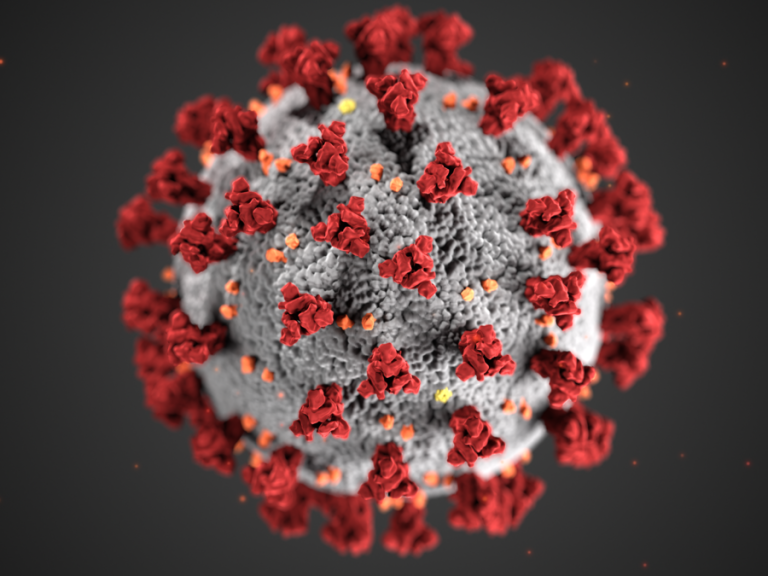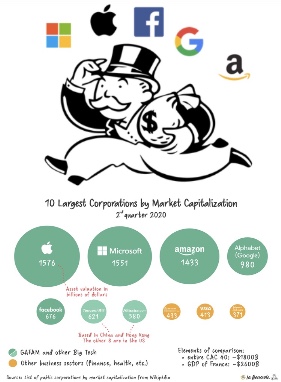COVID-19 and technocratic societies

This blog article starts with another disclaimer. The information provided might not be dangerous, rather than outside of my area of expertise. Furthermore, I acknowledge that the following article is comparing different systems against each other. Together with my almost non-existent formal education in political sciences and sociology, it is truly comparing apples with pears. But in my defence, so seems to do the media landscape throughout the last 12 months (or the start of the pandemic).
This article is written on the 18th of January 2021 and I sense that it might be of importance to highlight the date. For one, I already mentioned the word “pandemic” which continuatively refers to the SARS-CoV-2 pandemic. Although we are currently living in unprecedented times, the likelihood of pandemics is increasing, triggered by events such as the loss of biodiversity. Who knows, maybe we just entered the era of pandemics and humanity will soon face a continuous stream of mutated and dangerous pathogens. The second reason which warrants dating this article is the fast progression of political and sociological events, which are undoubtedly triggered by the current pandemic, but could also be explained by the concepts of the Great Acceleration or the Accelerating Change.
In March 2020, SARS-CoV-2 was officially named a pandemic. This first global appearance was followed by lockdown measurements all around the world. I remember that event very well because I was overseas in Switzerland, visiting and working with another research group. As countries all around the world stopped international travels, I was still advised to stick to my itinerary, until Australia also closed its borders. Bad luck, I was then told. Germany would soon close its borders too, so I hurried to get onto one of the last trains with the destination to my parent’s place. Following the first global lockdown, every country seemed to come up with its very own set of rules. And in federal countries, even some states showed high variability between what was deemed necessary. Sweden was often cited as a country with complete absence of regulatory measurements. Australia on the other hand was determined to completely eradicate the existence of SARS-CoV-2. I also know that attitude particularly well, because after returning to Australia in May 2020, I was quarantined in a medi-hotel for two weeks in Melbourne, followed by two weeks of domestic quarantine in Adelaide. My domestic quarantine in Adelaide was also checked up-on by two unannounced police visits. In Australia, most of these measurements are still in place for international travel. Travel between states is regulated on the occurrence or outbreak of the pathogen between the community and changes frequently. Just recently, the city of Brisbane was sent into after the outbreak of a small cluster lockdown. Other countries tried to follow similar methods, but were overruled by the supreme court which overturned city-wide lockdowns, such as in Madrid. In the meantime, skiing is still taking place in Austria, although it was identified as the most important factor for the outbreak of SARS-CoV-2 in Europe in early 2020. In Germany, schools are still open although being under-protected and un-equipped. The situation in the USA is completely out of control and the numbers of new infections and death rate are confirming this.
Obviously, different political and sociological systems in different countries led to different response strategies. Health experts from all around the world took up advisory roles to aid in the decision making of politicians. However, judging from some current events, their advice seems to be often ignored. Or how else could you explain it that Austria’s ski resorts are stacked full of people?
 Picture provided by: BBC
Picture provided by: BBC
I wondered, what if we would live in a clear technocratic society? Would the spread of SARS-CoV-2 be better handled? And has such a society every existed? According to Wikipedia, “Technocracy is a system of governance in which a decision-maker or makers are elected by the population or appointed on the basis of their expertise in a given area of responsibility, particularly with regard to scientific or technical knowledge”. Interestingly, such a society could be found in the Soviet Union were around 90% of Politburo members had an engineering degree. Also, 80% of today’s Chinese political leaders have a science or engineering degree. Using Chinas as example, it seems that a technocratic parliament could be an advantage in handling a pandemic. Their strong technical approach successfully flattened the curve and helped to return to something like normality. However, one shouldn’t overlook China’s narrative of democracy, which facilitates the introduction of strict measurements which are less likely to be overruled by a supreme court. But what about Australia? A country that is ranked highly on the world’s democratic index. Furthermore, the Australian parliament is mainly made out of business managers and lawyers, so quite the opposite of the Chinese government.
Yet, decisions regarding lockdown and other measurements in Australia are highly influenced by medical experts and the eradication of this disease is going pretty well (so far). So, we have countries with strong technocratic tendencies that handled the outbreak very well (China). Then we have democratic countries that seemed to be strongly following the advice of health experts, resulting in very low numbers of infections (Australia). And then we have democratic countries that favour their economy over the health of their population (Austria, USA, Germany…). During my research, I couldn’t find any other technocratic governments. However, there are emerging questions regarding the political influence of big tech companies, such as Google (Alphabet), Facebook or Twitter. Technically, those companies are not included in the above-mentioned definition of a technocracy, because they weren’t elected by the population. Nevertheless, if technical companies can influence political decisions, one could argue that the definition of a technocracy should be renewed. The influence of big-tech during the past election has been reported multiple times. Just recently, Trump was officially blocked from Facebook and Twitter. Technically, it could also be very easy to “adjust” the results of popular search engines into one way or another and just blame it on the algorithm. Should we see the USA as an emerging player in the field of technocratic countries? I guess, this depends purely on the definition of technocracy. However, in this case, a technocratic USA has not been very advantageous in the fight against the pandemic.

Picture provided by: The Roosevelt Review
I admit that the central theme of this article is rather thin and muzzled by personal anecdotes and insufficient explanations of political systems. In my defence, these are big questions which will be addressed in future academic work, done so by experts. So maybe I will just end this article with some (very basic) conclusions:
- The statistical replication of how technocratic countries are handling the spread of the pandemic is very thin.
- Factors, other than the occupational background of politicians, might be of higher importance.
- The importance of health experts in political decision making is undoubtedly higher in some countries than in others.
- The definition of a technocratic system might need an update to include ever-growing tech companies.